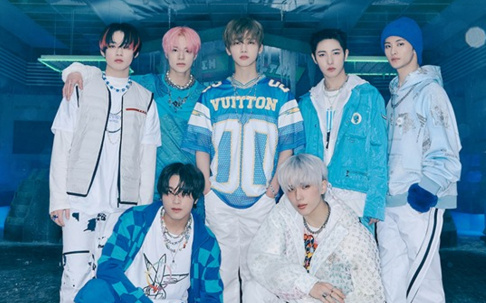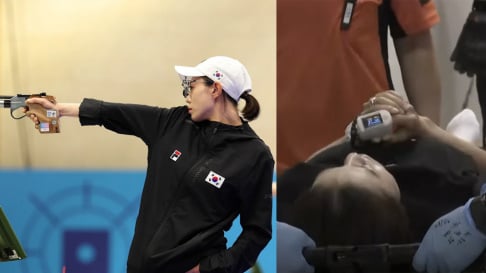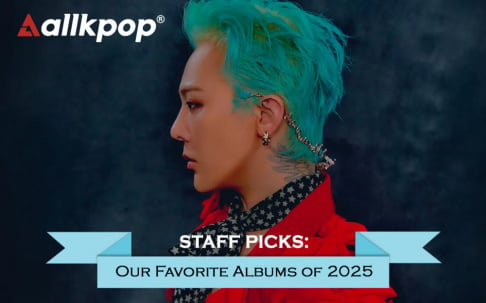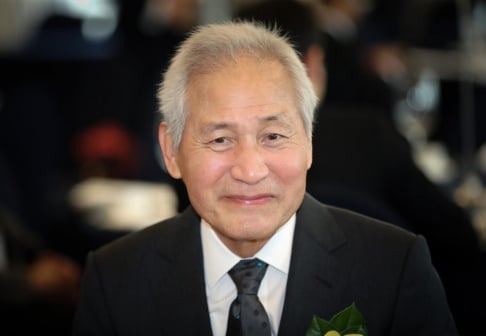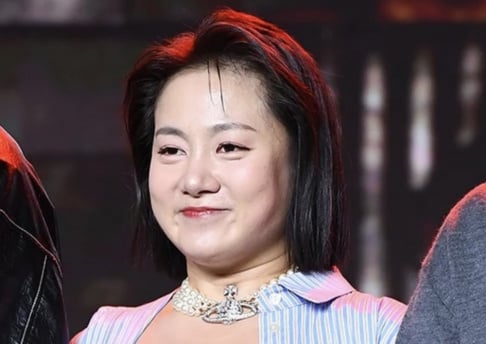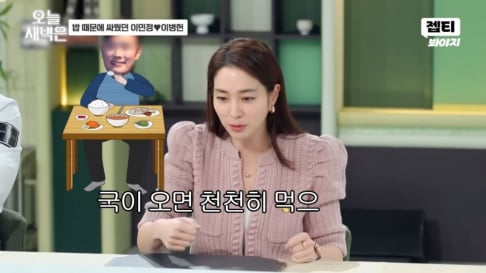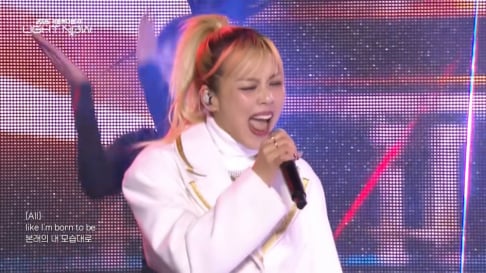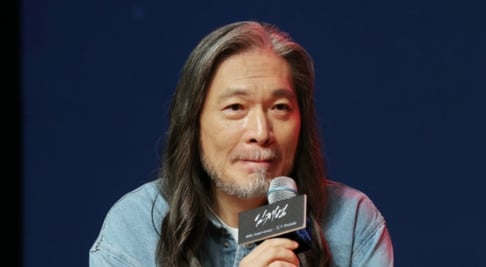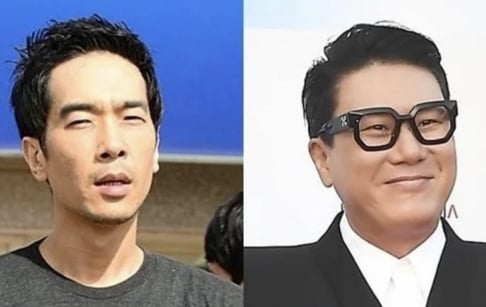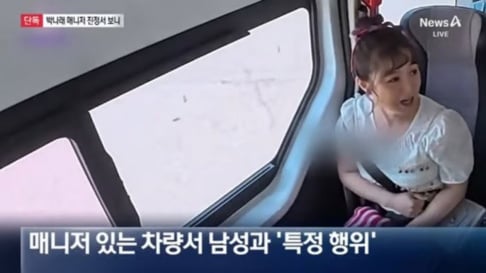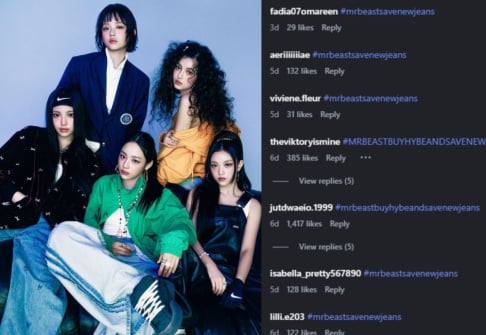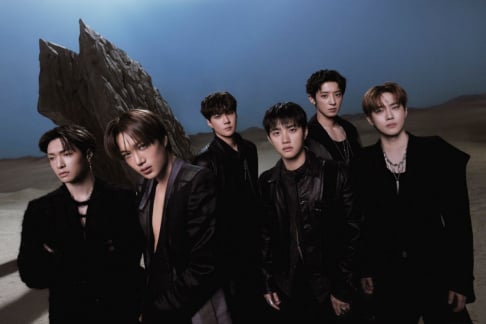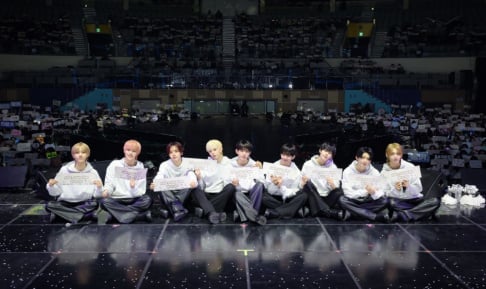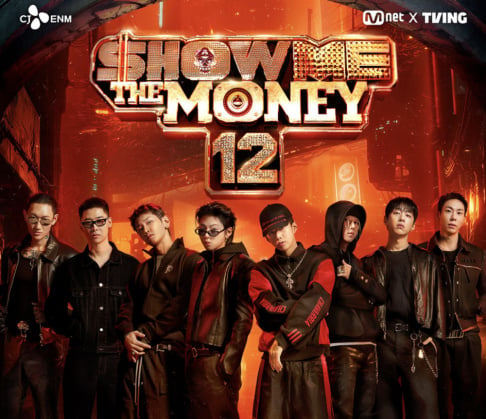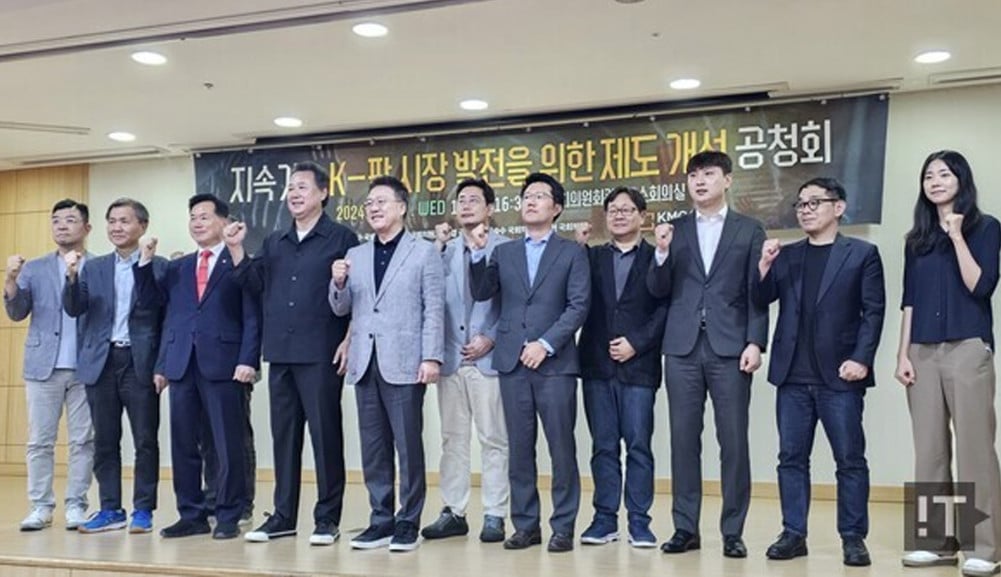
"The review process is complex and time-consuming. As a result, many prefer overseas platforms where content can be uploaded without needing prior approval. This is why more and more music videos are being released on international platforms. Even if Melon wants to provide diverse content to consumers, they are often unable to do so if the artists or production companies do not go through the review process. Some South Korean artists are not supplying their music videos to domestic platforms because of these review issues. There are likely many songs currently topping the charts that do not have their music videos available on domestic services."
Shin Ji Young, the head of Kakao Entertainment, shared these insights while discussing the K-pop industry's challenges. She made these comments at a public hearing on improving the system for the sustainable development of the K-pop market, held on August 7 at the National Assembly in Yeouido, Seoul.
The hearing was co-hosted by lawmakers from both the ruling and opposition parties, including Chairman Jeon Jae Soo (Democratic Party of Korea), as well as Park Jung Ha (People Power Party), Lim Oh Kyung (Democratic Party of Korea), Kim Seung Soo (People Power Party), and Park Soo Hyun (Democratic Party of Korea).
Recently, the South Korean music industry has expressed concerns about the state of K-pop. Despite competing in the global market, the industry lacks a well-established system. On the contrary, regulations only apply to domestic businesses, leading to concerns about reverse discrimination. Additionally, despite the global recognition of K-pop and other K-content, the industry does not receive the same level of support as manufacturing sectors like semiconductors and automobiles.
One key issue highlighted at the hearing was the pre-screening of music videos, a requirement unique to South Korea. While music videos are typically short, 3 to 5-minute videos, they are subject to the same rigorous review process as films and dramas. This is due to the application of the Music Industry Promotion Act, which adheres to the regulations of the Promotion of Motion Pictures and Video Products Act. The problem is that the review process by the Video Rating Board can take a significant amount of time.
Although other countries have similar systems, the duration of their review processes is much shorter, often less than a week. They also allow for self-rating, enabling music videos to be released simultaneously with new songs.
In contrast, South Korean platforms like Melon, Genie Music, Bugs, Flo, and Vibe are losing users to YouTube, where music videos can be released without going through this process.
Hwang Seung Heum, a professor at Kookmin University's School of Law, pointed out that most content, except for music videos, is subject to self-regulation. He suggested that the self-rating system applied to OTT platforms and games should also apply to music videos. He also proposed designating production companies as self-rating agencies to allow for timely music video releases.
There was also a call for policy support, particularly in the form of tax credits and other financial incentives. These would help cover some of the costs associated with producing and distributing music content.
The hearing also addressed that there are too many K-pop award shows, which are increasingly seen as losing their fairness and authority, becoming more like regular music shows. In 2024 alone, there are 20 different K-pop award shows. This, combined with the financial burden on fans due to expensive tickets and paid voting systems, has led to dissatisfaction within the fandom.
Kwon Il Woon, a team leader at HYBE, noted that while award shows are significant for the music industry, they impose a considerable burden on artists, who must prepare different performances for each show. This, in turn, affects their ability to focus on creating original content, which could negatively impact the global K-pop fandom.
JYP Entertainment's team leader Park Jong Wook echoed these concerns, emphasizing the need for the industry to grow both domestically and internationally. He pointed out that while regulations are extensive and complex in South Korea, support for the industry is lacking.
Kim Seung Soo, a lawmaker from the People Power Party, assured that efforts would be made to address these issues in the National Assembly, particularly the improvement of the music video review process. He also highlighted the lack of tax credits and financial support for the cultural and artistic sectors, noting that these are rarely considered during budget discussions.
In conclusion, the hearing highlighted the challenges facing the K-pop industry, including the need for regulatory reform, financial support, and a more streamlined review process to ensure its continued growth and success on the global stage.
SEE ALSO: Weverse issues apology after employee involved in personal data leak
 SHARE
SHARE
